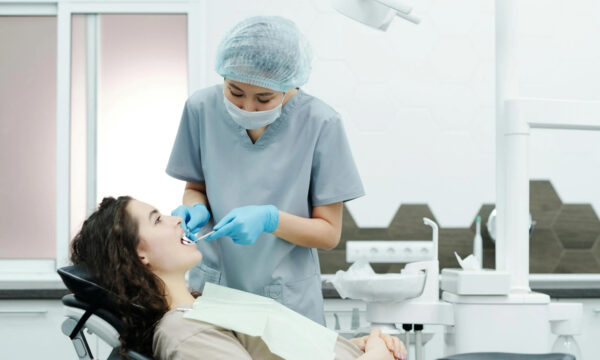Changes to expect during menopause

There is comparatively little scientific research available about the signs of menopause. If you’re wondering what to expect in your body, it can be difficult to find the information you need. The body goes through lots of changes once menopause sets in. These are a few changes you can expect to notice.
What is menopause?
Menopause is the process your body goes through when you stop menstruating, usually at around 50 years old. There is no clear beginning or end to the process, which can be frustrating and confusing. Many doctors and firms are working on forms of menopause treatment. The first phase is known as perimenopause. You’ll notice your period becoming irregular, along with mood swings, hot flashes, and irregular sleep.
Changes that occur during menopause
- Deteriorating bone health
It’s claimed that bones start to change during menopause. Most women lose 20% of their bone density in the immediate aftermath of menopause. This is caused by lower levels of estrogen in the body.
Despite having a lower bone density, other factors should keep your bones strong until you’re much older. Nevertheless, it’s a good idea to take tock of your bone health sooner rather than later.
Most doctor’s recommend staying active to help build bone strength. Try finding an exercise regime that includes weight-bearing exercises like Pilates, yoga or dance.
Also, take note of what nutrients you get from your diet. Be sure to include calcium and vitamin D.
- Weight gain
Most women will notice what appears to weight gain during menopause. What actually occurs is a redistribution of weight and fat around the body. You also become more likely to gain weight around the hips and waist. Muscle mass diminishes and turns into fat as your metabolism rate slows.
Of course, exercise and diet are the obvious ways to combat the onset of menopausal weight gain. Add some cardio work into your fitness regime as well as toning exercises to get that muscle definition back.
If you’re still concerned about the changes in your body shape, try a slimming product. Idealist in the Czech Republic is an all-natural product made with green coffee beans, rambutan fruit, and green tea. These drops promote healthy weight loss when used alongside a healthy lifestyle.
- Stress
During menopause, the body produces more cortisol, the hormone associated with stress. If you experience stress and anxiety over a long period of time, you put yourself at risk of a host of more serious health issues. Stress puts the immune system and the heart at risk.
Try to include some mindfulness in your exercise routine. Yoga meditations can be incredibly helpful in calming the mind. Exercise creates endorphins in the body which combat the excess cortisol in your system.
Final thoughts
It can be difficult dealing with these sudden changes. For many, menopause can feel like a losing battle and a sign of age. But don’t worry! By actively pursuing a healthier lifestyle, you’ll start to feel better immediately. Lots of middle-aged women who commit to regular exercise and healthy diets during menopause actually claim to feel better than ever.
The editorial unit

























Facebook
Twitter
Instagram
YouTube
RSS